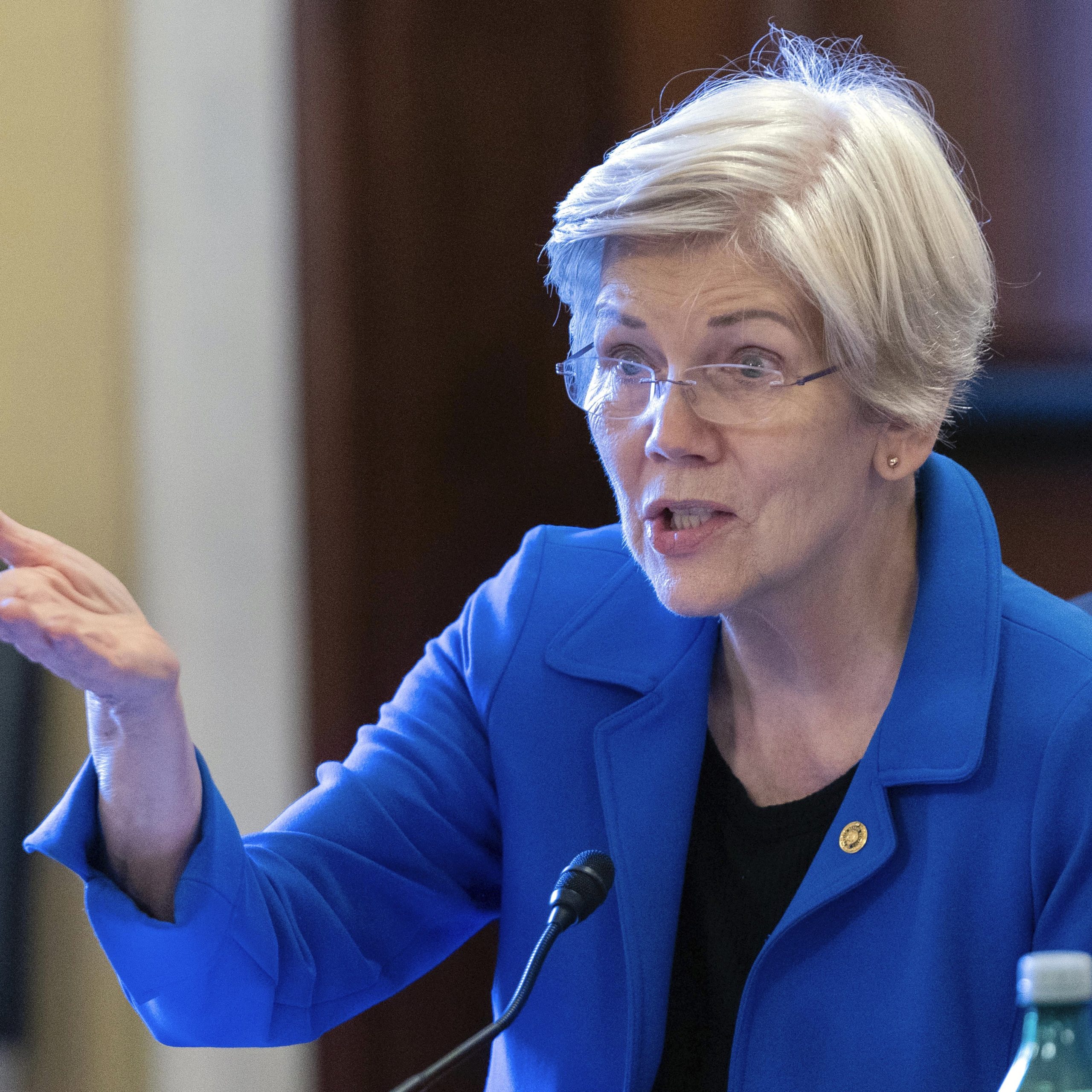In a recent Senate Banking Committee hearing focused on fraud and scams within the banking system, Senator Elizabeth Warren, alongside other Democratic lawmakers, criticized the role of cryptocurrencies in illicit finance and scams. Warren, known for her critical stance on cryptocurrencies, has been actively promoting her Digital Asset Anti-Money Laundering Act to tighten the oversight of crypto-related activities. This legislation, which seeks to include miners, validators, and wallet providers under the Bank Secrecy Act requirements, including know-your-customer (KYC) rules, has stirred controversy within the crypto industry, with some arguing that it is unconstitutional and overly broad.
The push for enhanced anti-money laundering measures
Warren’s bill has garnered support from 19 senators so far, indicating a growing concern among lawmakers over the use of digital assets in illicit activities. The bill’s proponents argue that it will close existing loopholes in anti-money laundering regulations, enabling financial regulators to monitor and counteract suspicious crypto transactions more effectively. Senate Banking Committee Chair, Senator Sherrod Brown, also expressed worries about the prevalence of scams and frauds in cryptocurrency, reinforcing the need for legislative action to safeguard the financial system.
The debate extends beyond the Senate, with House Republicans proposing a comprehensive crypto market structure bill that includes anti-money laundering provisions. These legislative efforts reflect a bipartisan commitment to addressing the challenges posed by the digital asset industry, particularly in combating money laundering and financial crimes.
Scrutiny on stablecoins and international cooperation
During the hearing, Senator Warren also highlighted concerns about stablecoins, citing new data indicating their predominant use in illicit crypto transactions. According to a report by blockchain analytics firm Chainalysis, stablecoins now represent a significant portion of all illicit transaction volume in the cryptocurrency sector. This development underscores the urgency for regulatory measures targeting traditional cryptocurrencies and stablecoins, which have become integral to the digital asset ecosystem.
The Biden Administration has similarly emphasized the importance of tackling illicit finance in crypto. Deputy Treasury Secretary Wally Adeyemo has called for enhanced congressional authority to pursue illicit actors, particularly emphasizing the need for dollar-backed stablecoin providers outside the U.S. to implement measures preventing their platforms from being exploited by terrorists.





